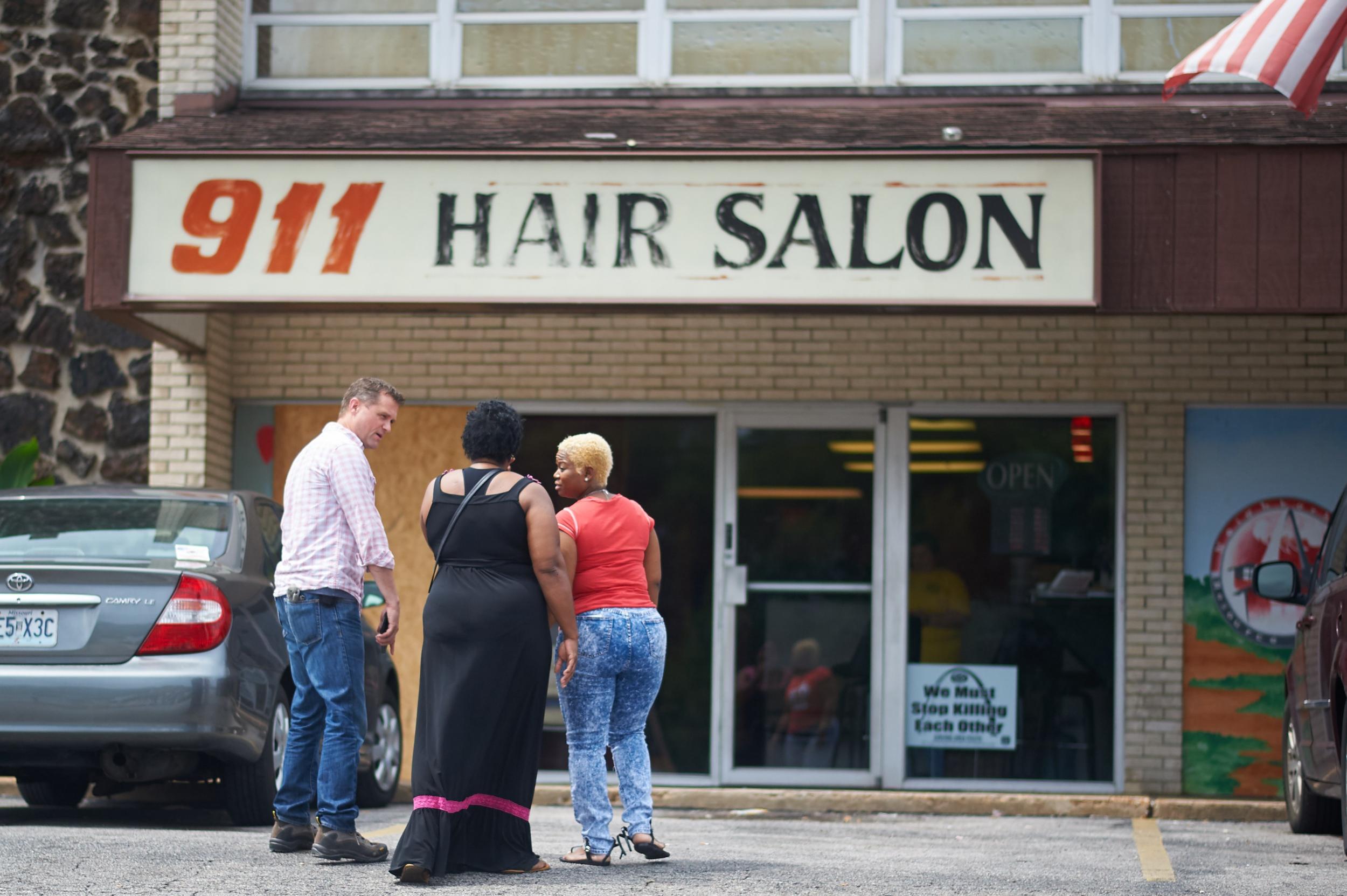Number of working black business owners falls 40% in US due to coronavirus, new data show
Number of Latino business owners drops 32 per cent and Asian business owners by about a quarter

The number of working African American business owners in the United States plummeted more than 40 per cent as the coronavirus shut down much of the economy — a far steeper drop than other racial groups experienced, according to an analysis confirming fears the pandemic would deepen inequalities in the business world.
Closures and social distancing to slow the virus’s spread have taken a disastrous toll across racial groups, with the total number of active business owners dropping 22 per cent from February to April, based on granular data from the federal government’s employment surveys that was made available last week. But minority-owned businesses have suffered disproportionately in a crisis that’s also killing nonwhite Americans at higher rates and eliminating more of their jobs.
Experts have voiced concerns that wealth gaps, trouble accessing government aid, and concentrations in reeling industries have left these companies and the families they support more vulnerable to the pandemic’s fallout. But they’re still working to understand and measure the colliding hardships making the future of minority-owned businesses especially precarious. The new data on ownership by racial group are “devastating,” said Robert Fairlie, an economics professor at the University of California at Santa Cruz, who plans to post a working paper on his findings.
“We already have disparities. African Americans have the lowest business-ownership rate in the population. And so here we’re creating a situation of closures that’s hitting the groups with the lowest rates even harder,” he said.
Minority-owned companies often create jobs for people from the owner’s ethnic or racial group, he said, and their success radiates out in the community. Research links business ownership to long-term wealth.
“We’re just going to see further increases in inequality that has been so hard to change,” Mr Fairlie said.
As of April, the country lost nearly 450,000 active African American business owners as the pandemic intensified, he found. But the disparities extended into every minority group. The number of working Latino business owners dropped 32 per cent from February to April, while the number of Asian business owners decreased by about a quarter.
Immigrant business owners were also deeply affected, with their numbers shrinking by 36 per cent, according to the data from monthly nationally representative surveys by the Census Bureau and the Bureau of Labour Statistics.
One reason for the uneven toll, according to Mr Fairlie’s analysis: minority-owned businesses tend to occupy parts of the economy most shaken by the coronavirus and the shutdown orders states have embraced to combat it. High shares of African American-owned ventures, for example, are in industries such as beauty salons, taxi services and day-care centres that have had to close or have faced precipitous drops in demand.
However, industries appear to account for only some of the inequalities, Mr Fairlie said, adding he suspects many other factors that are difficult to quantify right now.
Minority owners may be struggling because they’re in areas that have been more affected by and more fearful of the virus, something tough to draw nationwide conclusions about, he said. At the same time, they may have thinner financial cushions, as a result of long-standing differences in average wealth: 58 per cent of black and Latino households in the United States “do not have enough income to cover three months of expenses without income”, compared with 29 per cent of white households, according to the NAACP and minority financial groups.
They may have struggled to benefit from the federal government’s multibillion-dollar loan programme for small businesses, which has drawn criticism for favouring bigger companies with banking relationships. The government has not released data about recipients’ race, despite some lawmakers’ urging.
The Centre for Responsible Lending, a nonprofit research and policy group, sounded alarms in April about the Paycheck Protection programme, estimating 95 per cent of black-owned businesses and 91 per cent of Latino-owned businesses were tiny companies with slim chances of receiving a loan in the initial round. Most of those companies are the owner’s primary source of income, according to its report.
The Treasury Department has said it is working with the Small Business Administration to prioritise minority-owned businesses and the community financial institutions that often support them, while some state and local governments and philanthropists have created programmes targeted at these groups. But many still see gaps.
“God forbid there’s another round of stimulus and we’re still doing the same thing,” said Eda Henries, the chief financial officer of a soul-food company who has organised fellow black professionals to help small businesses navigate aid programmes during the pandemic.
Questions remain for experts who are wondering exactly how long it will take shops, restaurants and services that are just reopening to recover. Mr Fairlie’s simulations suggest industry distribution isn’t a driving factor in the loss of 1.1 million immigrant-owned active businesses — leaving him puzzling over the causes.
The significant dips in the number of working business owners are layered on top of other emerging disparities in the pandemic’s economic impact. According to a Washington Post-Ipsos poll released earlier this month, 20 per cent of Hispanic adults and 16 per cent of blacks reported being laid off or furloughed since the coronavirus hit the United States, compared with 11 per cent of whites.
“All recessions exacerbate existing inequalities by race and ethnicity — and always hit black and Hispanic workers harder — but this one will be worse,” Heidi Shierholz, policy director at the Economic Policy Institute, said at the time. “It will be an absolute nightmare.”
The Washington Post
Join our commenting forum
Join thought-provoking conversations, follow other Independent readers and see their replies
Comments